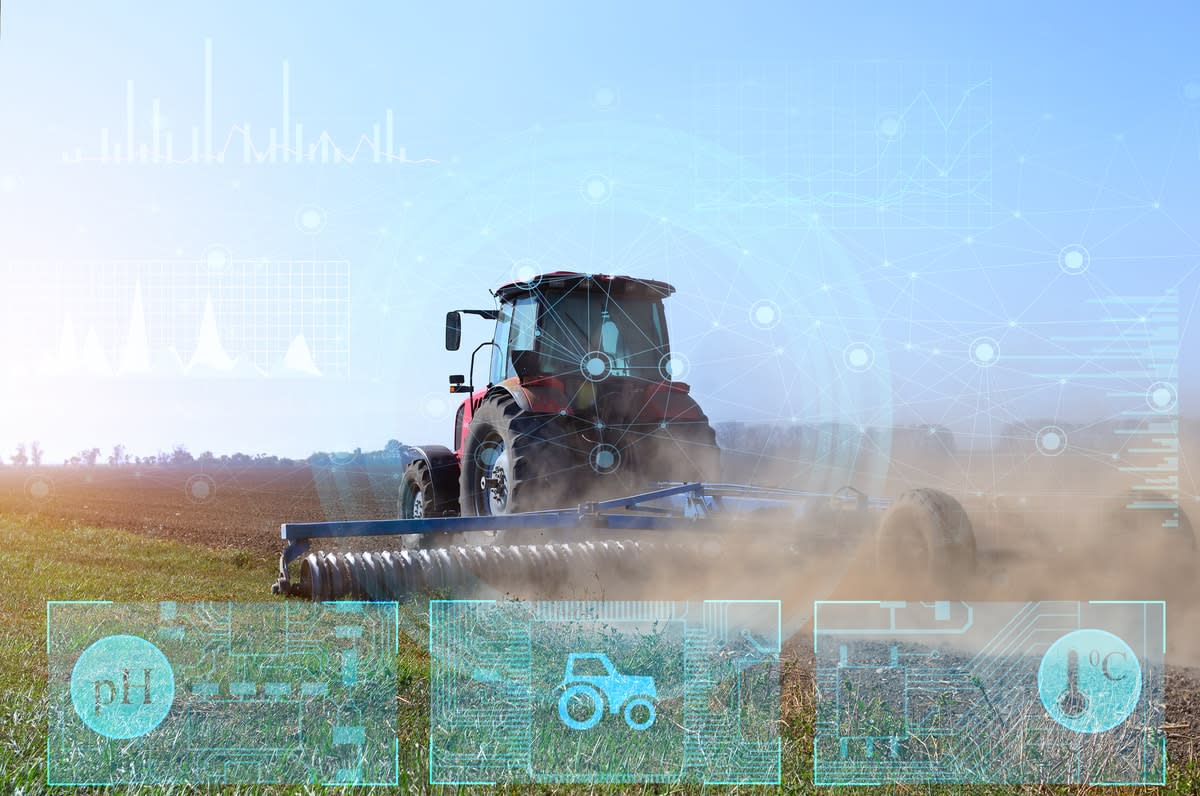The global agricultural industry stands at a critical juncture. While we must meet the food needs of an ever-growing population, we are also tasked with preserving the very resources upon which agriculture relies. Enter regenerative agriculture, a transformative approach to farming that goes beyond merely being sustainable to actively restore the health of our ecosystem.
Understanding regenerative agriculture
Regenerative agriculture is an approach to food and farming systems that prioritise soil health, along with the health of the ecosystem overall. It covers a range of farming practices designed to rebuild organic soil matter and restore degraded soil biodiversity. The outcome is a strengthened ecosystem that improves the resilience of farms to changes in climate and reduces reliance on chemical inputs.
Regenerative practices include cover cropping, crop rotation, reduced tillage, organic production and managed grazing techniques. These methods can bring significant benefits to both the environment and farmers.
Environmental benefits
The primary environmental benefit of regenerative agriculture is its potential to combat climate change. Healthy soil acts as a carbon sink, absorbing more carbon dioxide from the atmosphere than it releases. This process, known as carbon sequestration, can be significantly boosted through regenerative practices, offering a powerful tool in our fight against climate change.
Moreover, regenerative agriculture promotes biodiversity, leading to more robust and resilient Geosystems. It can also protect water resources by increasing the soil’s ability to retain water, reducing runoff and erosion.
Economic and productivity benefits
Regenerative agriculture is not only good for the planet but also for the farmers and economies that depend on agricultural productivity. Healthy soil is more fertile and can lead to higher yields over time. By reducing dependence on synthetic inputs, regenerative farming can also decrease the cost burden for farmers.
Moreover, as consumers become more conscious of the environmental impact of their food choices, farms adopting regenerative practices can gain a competitive advantage in the market.
Looking forward
Despite the compelling benefits of regenerative agriculture, adoption is not without its challenges. Transitioning from conventional practices requires an upfront investment of time and resources. Farmers must learn new techniques and manage the risk associated with change.
However, with the increasing pressures of climate change and the rising demand for sustainable for food options, the transition to regenerative agriculture is more necessary than ever. As we look to the future, it is clear that this holistic approach to farming represents a path to a more sustainable and resilient food system.
At Charterdoc, we are committed to keeping you informed about such transformative trends in the agricultural industry, providing the insights you need to navigate this changing landscape.
Read similar articles
-
Consumer behaviour is driving digitisation
Consumer decisions are being altered by the ubiquity of big data, the Internet of things and advances in web coding and design. Customers now have endless online and offline options for researching and buying new products and services, all at their fingertips 24/7. Digital channels no longer just represent a cheaper way to interact with […]
-
Information technology is revolutionising products, homes
Smart home technology is taking off. Home automation systems can increase the value of homes, providing a multi-purpose and multi-connected hub that can be controlled and programmed via the cloud by tablets and smartphones. Most homes can now enjoy the convenience be able to control their heating, air conditioning, lighting, audio system, surveillance cameras and […]
-
Knowledge-intensive workers now highly active in the gig economy
Knowledge economy: (n) an economy in which growth is dependent on the quantity, quality and accessibility of the information available, rather than the means of production. Workers in the knowledge economy have been known to “purse free-floating projects, consultancies and part-time bits and pieces while transacting in a digital marketplace” for some time now. The […]
